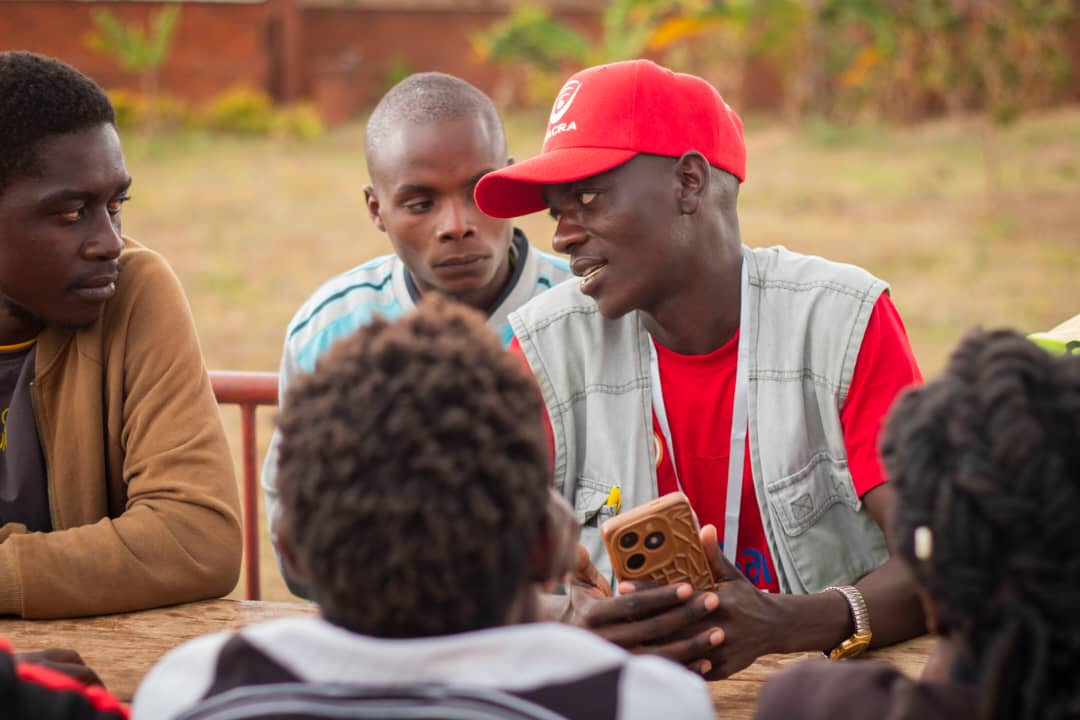Experts Advocate Youth-Led Research As Key To Inclusive Development In Africa
•By KAZEEM OYENIYI
IBADAN – DEVELOPMENT experts have urged African governments and international partners to prioritise youth-led research, saying that empowering young people, especially those from marginalized communities to conduct research within their own environments can strengthen inclusion and drive sustainable development across the continent.
According to the African Union (AU), Africa has the world’s youngest population, with more than 400 million people aged between 15 and 35 years. The AU’s Agenda 2063, particularly Aspiration 6, identifies youth as the driving force for people-centred development. Yet, despite being most affected by social and economic challenges, many young Africans remain excluded from the discussions and research shaping their future.
These “youth on the margins”, those facing poverty, limited education, disability, or displacement are often treated as beneficiaries rather than partners in the development process.
Experts warn that such exclusion deprives the continent of fresh perspectives and local insights that could inspire more inclusive and lasting solutions.
Speaking on behalf of their respective organisations, Briggs Bomba, Programmes Director at TrustAfrica, and Ayo Ojebode, Director of Knowledge Systems, Products, and Learning at the Mastercard Foundation, said youth-led research offers a practical solution to this imbalance.
They highlighted the importance of Participatory Action Research (PAR), a methodology that enables community members to take part in data gathering, analysis, and problem-solving.
“When young people are trained in participatory research, they can transform their lived experiences into valuable knowledge that shapes better policies,” Bomba said.
He added that grounding development decisions in real-life experiences, rather than external theories helps ensure that outcomes are inclusive and relevant to those most affected.
One notable example of this approach is the African Youth Panel (AYP), a joint initiative by TrustAfrica and the Mastercard Foundation. The programme equips young Africans, particularly those from rural and underserved communities, with participatory research tools to explore barriers to dignified living and design locally driven solutions.
Through the initiative, participants have conducted focus group discussions in local languages, gathered data from marketplaces and farms, and documented stories from informal settlements to better understand issues such as unemployment, exclusion, and access to opportunity.
Among the participants is Alain Nshimiyimana from Huye District in Rwanda, who was already leading a community campaign against drug abuse before joining the panel. Through the programme, he acquired new research tools, such as mobile data collection apps to amplify local voices and strengthen his advocacy.
“As someone who struggled with substance abuse, the African Youth Panel came at the right time to give me a voice of impact,” Nshimiyimana said.
“I’ve now been able to gather community voices that influence change in my district and beyond.”
Data from the programme show its strong commitment to inclusion: 73% of participants are women, 67% come from rural communities, 10.5% live with disabilities, 5.5% are refugees, and 89% do not have a university degree.
Ojebode noted that such initiatives not only empower young people but also democratize knowledge creation across the continent.
“Youth-led research has the power to transform systems that often overlook young people as essential changemakers,” he said.
“By incorporating their insights into development plans, we can build solutions that are more relevant, just, and sustainable.”
Meanwhile, both experts stressed that integrating participatory research into national and regional development strategies would ensure that the continent’s young population becomes an engine of transformation, not just a statistic of potential.
They maintained that youth-led research is more than a tool for empowerment, it is a strategic necessity for building an inclusive, equitable, and people-driven Africa envisioned in the AU’s Agenda 2063.

